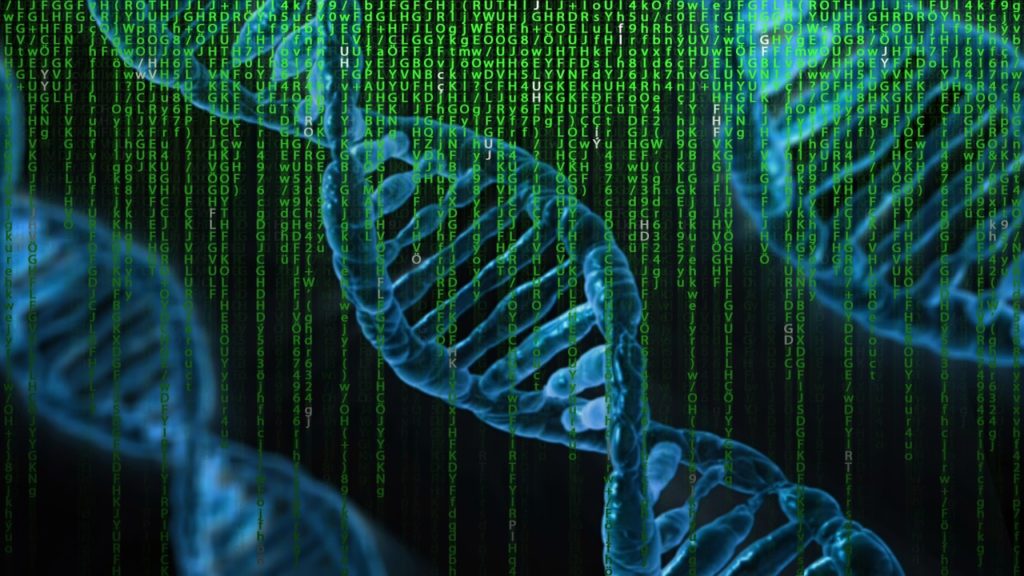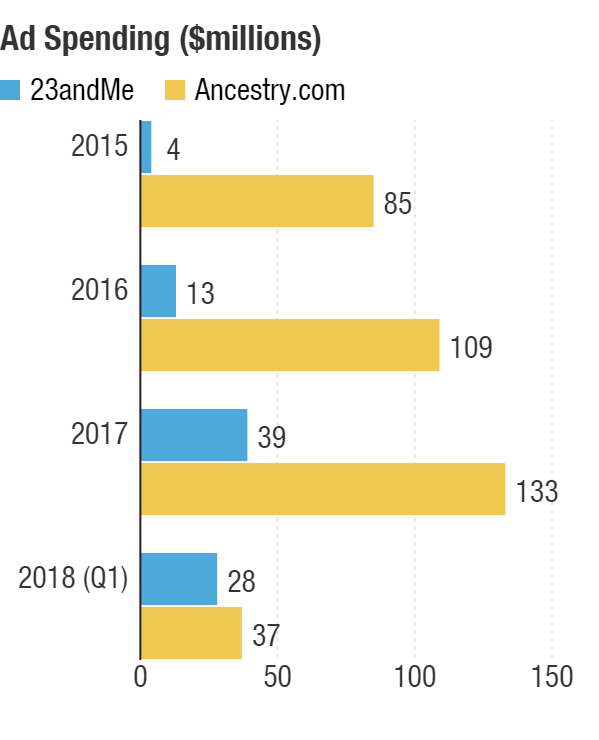 By Kevin Samson
By Kevin Samson
The ease of gaining access to results about one’s own DNA, coupled with the ease of DNA being databased for potential access by others, has presented a health and privacy crossroad.
Perhaps people always have had some level of curiosity about their origins, but the digital age has provided us with unprecedented access to scientific results at a very low cost. The technology of DNA testing now tells us not only about our ethnic origins, but can also offer detailed assays that can cover a range of potential hereditary health conditions.
According to one poll conducted by NPR, this ease of access has created a rising interest in services offered by DNA testing companies:
First off, we found that 29 percent of respondents said they or family members had considered getting a genetic test, a 5-percentage-point increase from 2016, although the uptick wasn’t statistically significant, according to Truven Health, a unit of IBM Watson Health.
The people most interested in the idea are younger than 35. The poll found that 43 percent of them said they had considered genetic testing, a 10-percentage-point increase from 2016.
The proportion of interested people who said they or a family member had ever ordered a direct-to-consumer test was 32 percent. Thirty-four percent of people who said they or a family member had considered a test and got one did it through a doctor.
When we asked why people had gotten a direct-to-consumer genetic test, the most common response — 30 percent — was ancestry or genealogy. Among people 65 and older, 74 percent said ancestry or genealogy was the reason. For people who got a test through a doctor, the most common reason was to help with a diagnosis — 31 percent.
When comparing myheritage vs 23andme — considered two companies among the 3 “DNA Giants” — we can see that DNA databases now include millions of people. Furthermore, as NPR also cites, the corresponding increase in advertising has created a powerful self-reinforcing trend in “precision healthcare” services, of which DNA testing done from home can be a core component:
However, as we have come to learn (almost daily) the security surrounding databases of all types is an equally concerning trend. This is also borne out by the results from the above poll where nearly half of respondents said they had some level of worry about who has the right to access and analyze this information. As we’ll see, there are a host of reasons why this nearly 50% number of concerned respondents should probably be much higher.
Earlier this year, it was revealed that government agencies might have partnered with ancestry websites to offer up information about users. FamilyTreeDNA was at the heart of the controversy and stunningly made the admission that, yes, they were providing information to the FBI and even felt that it could be a “moral responsibility” to do so. Other companies have been working hand in hand with pharmaceutical companies, very often without users being aware of exactly what privacy they are giving up under long and convoluted Terms of Service agreements.
And this goes even further than threats to personal privacy. According to researchers at Colorado State University, an entirely new industry has sprung from this exact crossroad between the new reality of digitized DNA and the life sciences. Cyberbiosecurity now comprises an extraordinary range of disciplines from the fields of health, computing, and on to the military. As the researchers note, the benefits must be weighed against some very serious real-world consequences:
The marriage of computer science and biology has opened the door for amazing discoveries. With the help of computers, we’re decoding the human genome, creating organisms with new capabilities, automating drug development and revolutionizing food safety.
Stuxnet demonstrated that cybersecurity breaches can cause physical damages. What if those damages had biological consequences? Could bioterrorists target government laboratories studying infectious diseases? What about pharmaceutical companies producing lifesaving drugs? As life scientists become more reliant on digital workflows, the chances are likely rising.
[…]
With the help of computers, editing and writing DNA sequences is almost as easy as manipulating text documents. And it can be done with malicious intent.
It is important to keep in mind that low-cost services many times come with other much higher personal costs that need to be considered. At the very least, it would be wise for anyone considering taking advantage of the quick access to such powerful science such as DNA analysis to take the time and read the Terms of Service, ask probing questions of these companies, and conduct strict due diligence before committing you and your entire family into one of these databases. After all, the world’s leading experts in health and security are working to solve a range of potential misuses with our DNA. Unfortunately, although we are the ones most greatly affected, we are often the last to know about the dangers that have been discovered.
Image credit: Pixabay


Be the first to comment on "Interest in Personal DNA Testing Rising Amid Equal Concerns Over Health Privacy and Security"